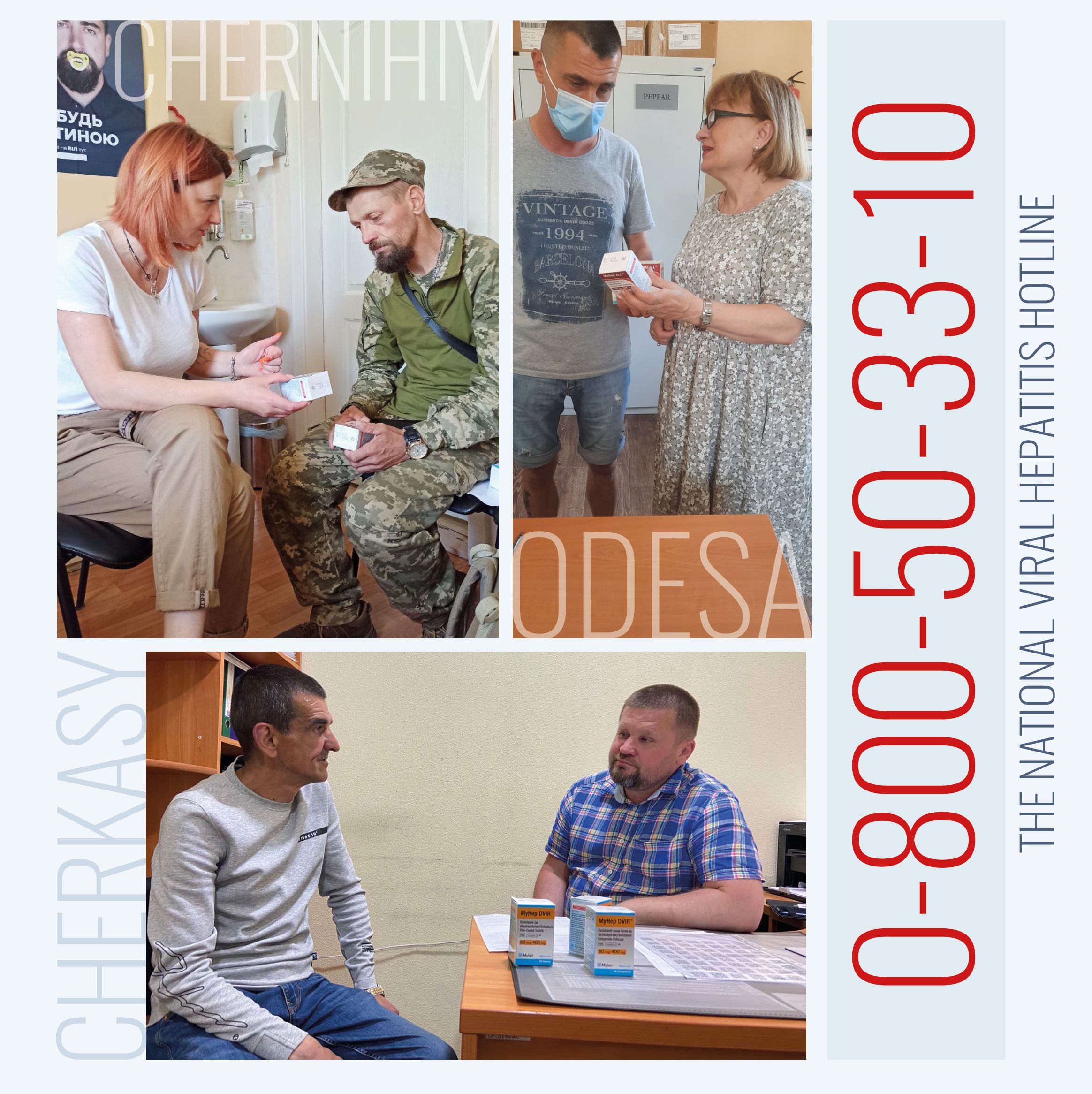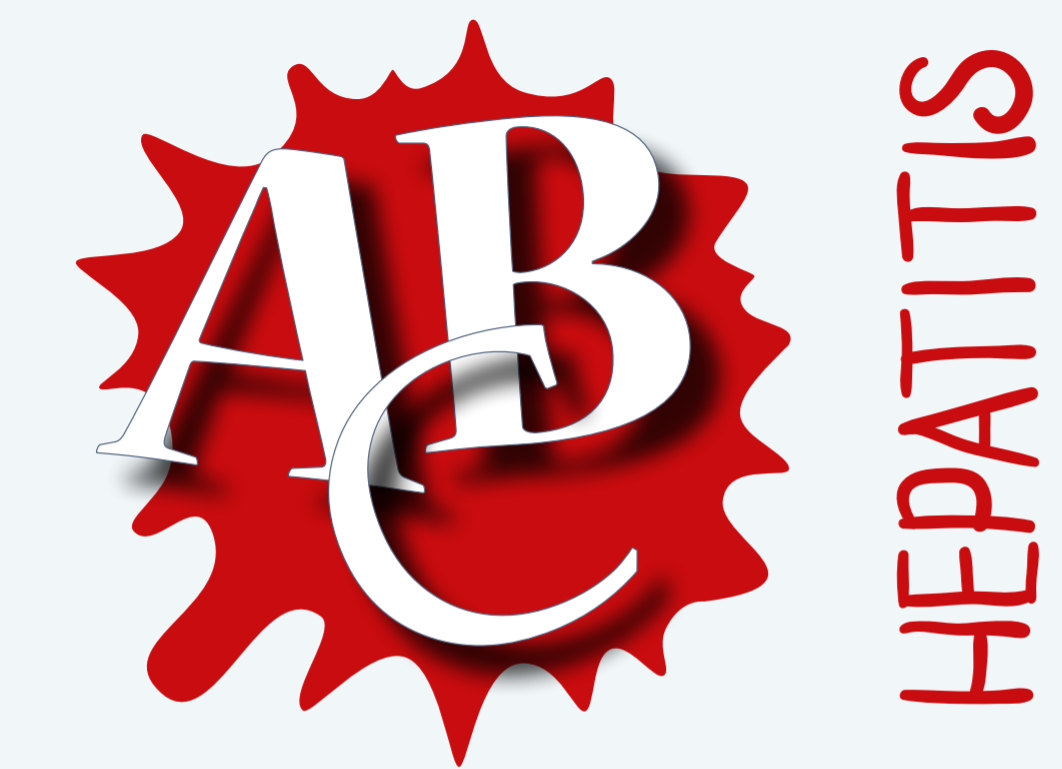July 28 is the World Hepatitis Day
 The Alliance for Public Health (the Alliance) continues its fight against viral hepatitis and traditionally joins
The Alliance for Public Health (the Alliance) continues its fight against viral hepatitis and traditionally joins
commemoration of the World Hepatitis Day. Since the risk of viral hepatitis infection increases multiple
times in war and crisis conditions, because the hepatitis virus is transmitted with blood. Injuries and contacts with untested blood, wounds and sexual violence, unfortunately, have become a reality and a threat – both for the military, and for civilians. That is why hepatitis testing is especially relevant in wartime.
 The Alliance for Public Health (the Alliance) continues its fight against viral hepatitis and traditionally joins commemoration of the World Hepatitis Day. Since the risk of viral hepatitis infection increases multiple times in war and crisis conditions, because the hepatitis virus is transmitted with blood. Injuries and contacts with untested blood, wounds and sexual violence, unfortunately, have become a reality and a threat – both for the military, and for civilians. That is why hepatitis testing is especially relevant in wartime.
The Alliance for Public Health (the Alliance) continues its fight against viral hepatitis and traditionally joins commemoration of the World Hepatitis Day. Since the risk of viral hepatitis infection increases multiple times in war and crisis conditions, because the hepatitis virus is transmitted with blood. Injuries and contacts with untested blood, wounds and sexual violence, unfortunately, have become a reality and a threat – both for the military, and for civilians. That is why hepatitis testing is especially relevant in wartime.
Since the beginning of the full-scale invasion, as part of the Alliance’s HIV prevention programs, 108,671 HCV rapid tests have been held, which is almost twice as much as in 2021 (most of them among representatives of HIV vulnerable groups, in particular drug users), of which 37% turned out to be positive! Out of 12,600 viral hepatitis B tests, 2.5% were positive. Starting from February 24, 2022, the Alliance has offered access to HCV diagnosis and treatment to more than 3,300 people living with HIV and tuberculosis and their partners, i.e. to one in every six of those covered with treatment at the national level. Adherence to treatment remained extremely high – 98%, due to that every patient was accompanied by non-governmental organization workers during their treatment and 12 weeks after. The Alliance does everything possible to ensure continuity of treatment for patients who are internally displaced within Ukraine or refugees abroad.
The most important role in organization of HCV testing, diagnosis, and treatment is performed by our partner nongovernmental organizations. They are the ones who test, provide information and social support to representatives of key populations, refer for HCV diagnosis and treatment, conduct counseling, accompany treatment, form adherence to it, carry out extensive educational work, etc. All in all, since 2015, as part of the Alliance’s HCV treatment program, more than 12,000 people from among the most vulnerable groups have gained access to HCV diagnosis and treatment. These are people living with HIV, drug users, men having sex with men, and sex workers. 99% of them are drug users who have HIV/HCV or TB/HCV co-infection, as well as their partners.
Viral hepatitis always remains one of priorities of our activities!
THIS YEAR, THE THEME OF THE AWARENESSRAISING CAMPAIGN ON THE WORLD HEPATITIS DAY AROUND THE WORLD IS THE FOLLOWING
̏ONE LIFE. ONE LIVER.˝
This slogan is about responsibility and attention to oneʼs health, which is extremely important in times of war. After all, hepatitis often destroys the liver in an unnoticeable way
 Today, on July 28, 2023, the Alliance together with the World Health Organization calls on our fellow citizens to take the following important steps:
Today, on July 28, 2023, the Alliance together with the World Health Organization calls on our fellow citizens to take the following important steps:
1. Consult a doctor about how to protect yourself against hepatitis.
2. Undergo regular testing – it is availableand free of charge.
3. If the result is positive, undergo diagnostics, treatment with modern direct antiviral action drugs.
The medicines are available in Ukraine, free treatment is provided by the state.
4. Get vaccinated against hepatitis B.



